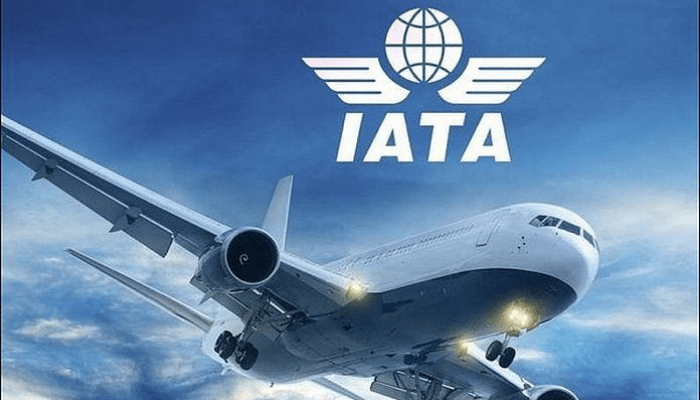- …carriers face unique cost challenges …$100 air ticket carries $60-$70 in charges
- Mozambique tops $1.3bn in airlines blocked by govts, Nigeria maintains clean bill
The International Air Transport Association (IATA) has taken a holistic look at the African aviation market noting that Africa traffic is projected to reach 345 million in 2043, more than doubling from 2023.
IATA’s Vice President for Africa and Middle East, Kamil Al Awadhi at a briefing at the ongoing Annual General Meeting (AGM) of the association in New Delhi, India stated that average annual growth rate is expected to be 3.7 per cent.
The IATA chief lamented that the cost of doing business in Africa is among the highest in the world, stressing that it is expensive to do business in the continent.
He stated that in some African countries, passengers pay more in taxes and fees than the base airfare itself, noting that a $100 ticket can carry $60–$70 in charges pricing out travelers and hurting demand.
Al Awadhi disclosed that African airlines face unique cost challenges, particularly high operational costs, which are significantly higher than the global average.
He listed fuel prices at 17 per cent higher than the global average, accounting for 40 per cent of operating costs in Africa, compared to 25% globally (2024 data).
Taxes, fees and charges, he reiterated are at 12-15 per cent higher than in other regions with air navigation charges (ANC) which he said is 10 per cent higher, while maintenance, insurance, and cost of capital he noted is 6-10% more expensive.
Not a few believe that these costs discourage the growth of air transport in the region and increase the cost of flight tickets. As catalyst to economic development, air transport they opined should not be seen as luxury rather should be seen as the fastest and most efficient means of connecting people who include entrepreneurs, families, policy makers and others who drive the economy of any nation.
Taxing aviation highly makes it a luxury instead of being an enabler. Air transport should be for families to connect, for businesses to be transacted across the continent.
African airlines pay more for fuel than other operators in the other continents of the world. Fuel surcharge, which government aviation agencies collect from airlines, is one of the factors that increase the cost of flight tickets paid by travellers.
In terms of Jet fuel (aviation fuel) within the continent, the continent’s airlines are already paying such a high premium. The cost of the product is two times, sometimes even five times more than what airlines in Europe and the Middle East are paying for fuel, which puts them already at a disadvantage.
In addition to the high cost of doing business, Al Awadhi said Africa’s aviation market faces challenges of access restrictions, limited competition and limited capacity.
He said: “On protectionist policies, restrictive bilateral agreements limit competition, reducing route availability and keeping fares high.
Most African airlines are small operators with limited fleet sizes and route networks, lacking economies of scale to lower costs and become more competitive.”
He maintained that intraAfrican markets are relatively thin, with few airlines operating and limited service options, leading to higher fares.















